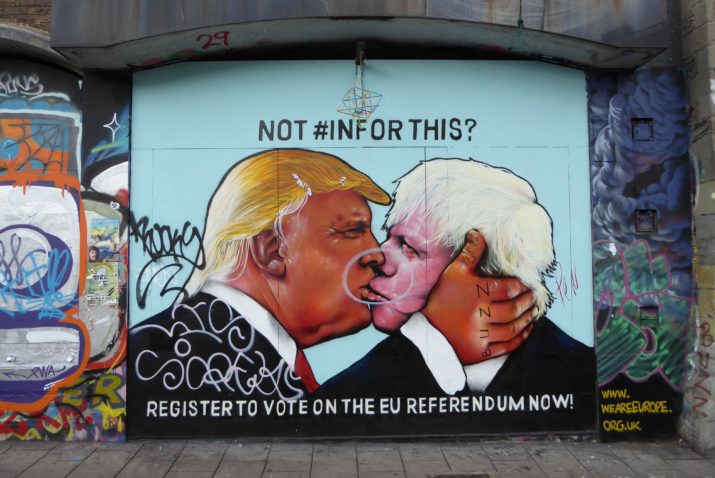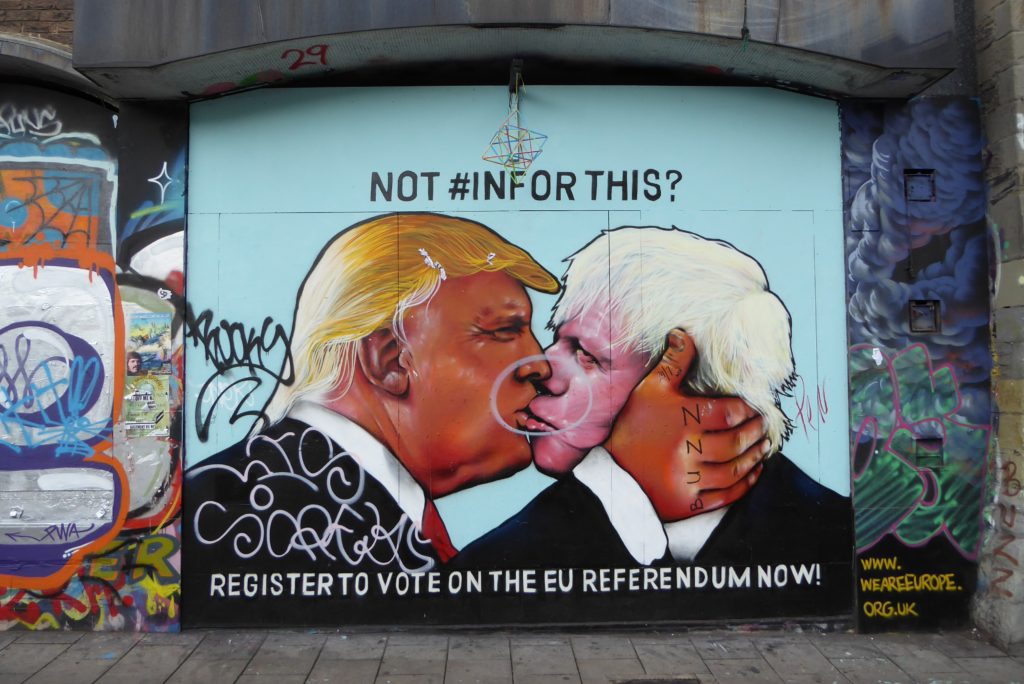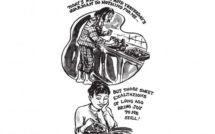

Columbia University’s Department of History kicked off the academic year with an “air-clearing” conversation about the Brexit vote on Friday, September 9. Sam Wetherell, Lecturer in British History, and Susan Pedersen, Gouverneur Morris Professor of History at Columbia offered introductions that detailed both the vote and its immediate aftermath, as well as an exploration of how the results, rhetoric, and party lines in this campaign differed from previous contentious votes on the relationship between Europe and Britain—especially the lead-up to the 1975 vote on Britain joining the European Economic Community. Faculty and graduate students from a wide range of fields offered insight into an enormous number of ways of getting at “what happened,” a question historians spend a lot of time answering.
The Council for European Studies’ forthcoming conference on themes of Sustainability and Transformation are particularly germane to the conversation, especially as participants start to push back against a strict focus on the UK. Will the EU change, and, if so, how? Will it become smaller and more invested in its administrative apparatus at Brussels? Because calls for other countries to shift their relationship to the EU (Nexit, Dexit) seem increasingly unlikely to yield fruit, will very little change at the institutional level? Alternatively, even though “crises” have not forced much change, could Brexit be the “antidote to austerity” that some EU members have sought? How can histories help us to understand not just the vote in Britain, but to consider the kinds of transformations that might take place—and ought those to be local, institutional, national, or transnational histories?
In her introduction, Susan emphasized some of the key similarities and differences between the 1975 and the 2016 referenda. The 2016 Leave campaign seems to have borrowed its playbook directly from the 1975 No campaign, including an emphasis on UK citizens’ right to create their own laws and taxes, to have the cheapest foods possible, and to pursue employment.
In her introduction, Susan emphasized some of the key similarities and differences between the 1975 and the 2016 referenda. The 2016 Leave campaign seems to have borrowed its playbook directly from the 1975 No campaign, including an emphasis on UK citizens’ right to create their own laws and taxes, to have the cheapest foods possible, and to pursue employment. However, support broke down on sometimes surprisingly different political and demographic lines. Labour throughout the 1960s and 70s was opposed to or divided on the question of the EU as part of an anti-capitalist stance. One particularly striking statistic is that, compared with 2016, the 1975 No vote was relatively popular among young votes. In trying to explain the strategies employed by each campaign, Susan also introduced the idea that Europe and its past were part of some people’s landscape in the UK, but not others, which forced Remain to focus on the marginal economic benefits of joining Europe. There had never been a wide sense of the EU as a project to overcome a continental European past of violence, but the economic focus led to a cultural backlash against a politics narrowly focused on economics. The general failure by either side to articulate what might happen to other EU states or the EU project rankled some Europeanists, which Susan acknowledge by asking, “Why do there have to be special rules for Britain all the time?”
Sam’s introduction stepped back to provide a meta-overview of interpretations of the Brexit vote, since there there is something like a period of calm following the massive political “bloodletting” among conservatives. He identified two primary readings of the vote. First, some commentators had seen in Leave’s success a revolt by communities left behind in the UK’s shift towards a service economy reoriented around London, as well as the poverty, isolation, and austerity politics that it had begat. The second approach was a nativist revolt against a lost idea of Britishness. Neither explanation is totally sufficient—if the economic interpretation is correct, why did lower income workers of color vote to remain, or wealthy rural communities to leave? Sam said the key to figuring out how to address the Brexit vote requires understanding exactly how these different strands intertwine. He also described some recent political Brexit-related activity, such as the unveiling of Brexit Minister David Davis’ not-entirely-specific Brexit plan, Japan’s threat at G20 to withdraw from Britain economically if they leave European markets. He also noted, concurring with Susan’s point about Remain’s inward focus, that the Left had articulated Remain as a key to maintaining Britain’s cosmopolitan status, not as any kind of international project—where as Conservatives did have an outward-looking approach, urging other countries to also leave the EU.
Even in a room full of historians, there was little consensus about when and where a historical approach, or a specifically modern British historical approach, could help illuminate the results and explain what would happen next. Many discussants emphasized the different ways in which a historicized cultural focus was clearly appropriate. An idea of national sovereignty (often articulated as “taking back control”) that could bridge normal demographic divides of class and appeal to different people to different reasons was one of these elements, while others asked about the continuing reverberations of loss of empire. Other historians insisted that future outcomes would be in large part determined by jockeying for power and influence within and among UK institutions—noting in particular that the UK Independence Party had not yet played its cards for what a future of UK might look like. Others were careful not to reach for historical explanations that were too nebulous. When one participant asked about the extent to which old Catholic/Protestant tensions or the lingering specter of “Little England” affected outcomes in Northern Ireland, Susan pushed back and said that demographics and the massive expansion of higher education were clearer causes.
Other historians pulled back constantly from a narrowly British or English focus, shifting the perspective instead to Germany, Spain, Italy, Greece, America, or Brussles. There seemed to be real frustrations that neither campaign discussed the effect that leaving might have on the EU, and the Remain campaign’s lack of critique somehow seemed to tie it even more closely to an all-powerful austerity bloc, at least from the perspective of some people in Southern Europe. One historian suggested that Brexit cannot be understood at all with a purely British lens, and needs to be understood as part of a European or Global “recession moment” in which EU policies have been damaging to all peripheries, broadly construed. The vote itself, she argued, reflects shifting lines of class and intellectual affiliations that are taking place across Europe as a result of decisions made at the EU-level in a way that a strictly national focus cannot capture. Other historians of the Continent generally agreed, but noted that England and the EU had always had a particular relationship tinged with isolationism that was difficult to generalize. A third historian of southern Europe suggested that comparing the UK with, for example, Italy might provide a way of testing, or at least adding detail to, the idea that leaving the EU would provide greater sovereignty for the nation or autonomy for individual citizens.
If any consensus emerged, it was the unsurprising one that dissecting Brexit and its potential future impact requires an enormous amount of context (demographic, political-historical, cultural) on different scales (local, national, European, and global). For all of the commentary that Brexit has generated, there is a lot of important, research-based work left to be done to help answer the questions the vote raised about Europe and its future.
Jake Purcell is the History in Action Research Associate at the Council for European Studies and a Ph.D. candidate in medieval history at Columbia University.
Published on November 10, 2016.
Photo: Not #InFor this?, duncan c | Flickr




